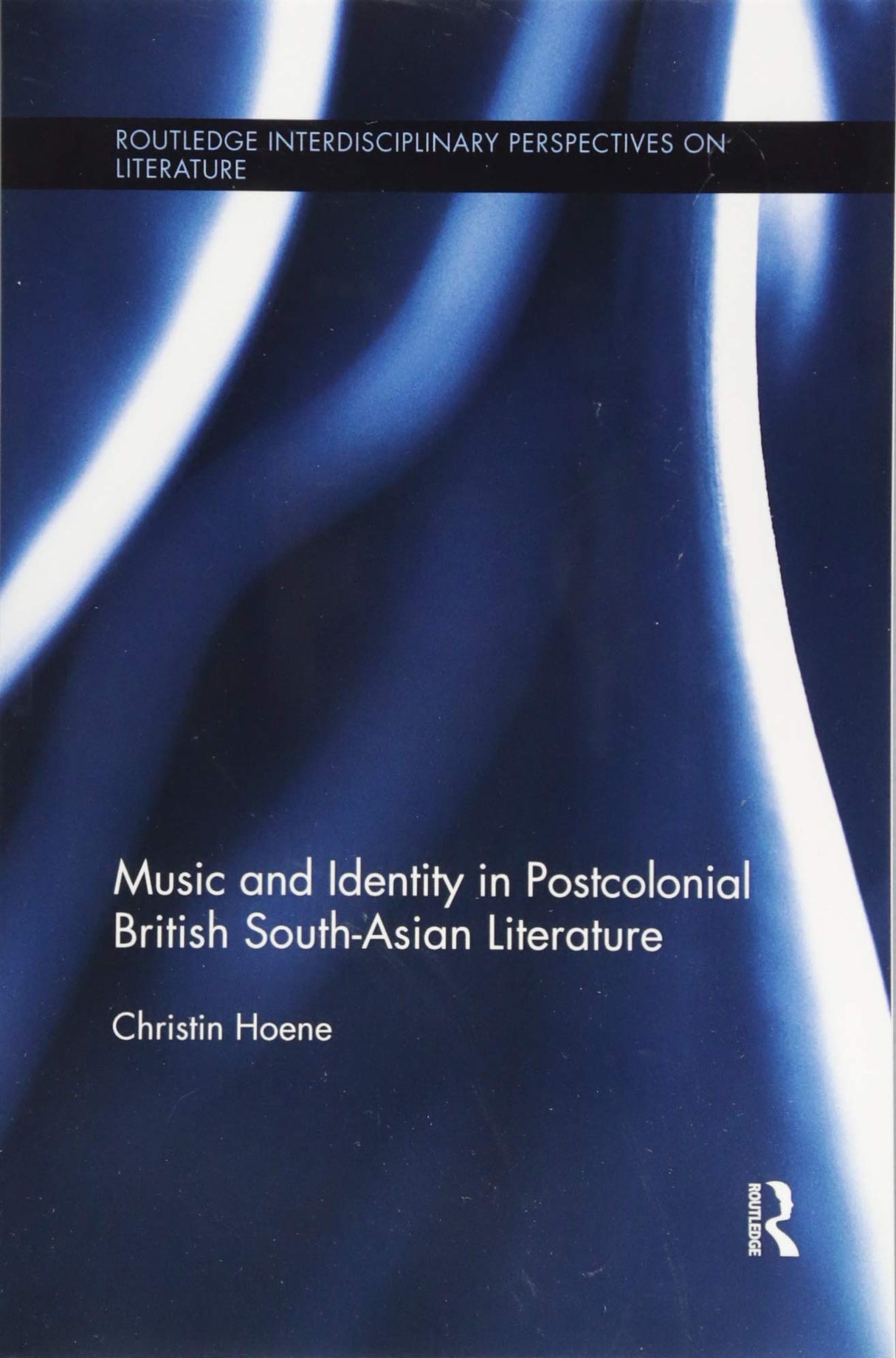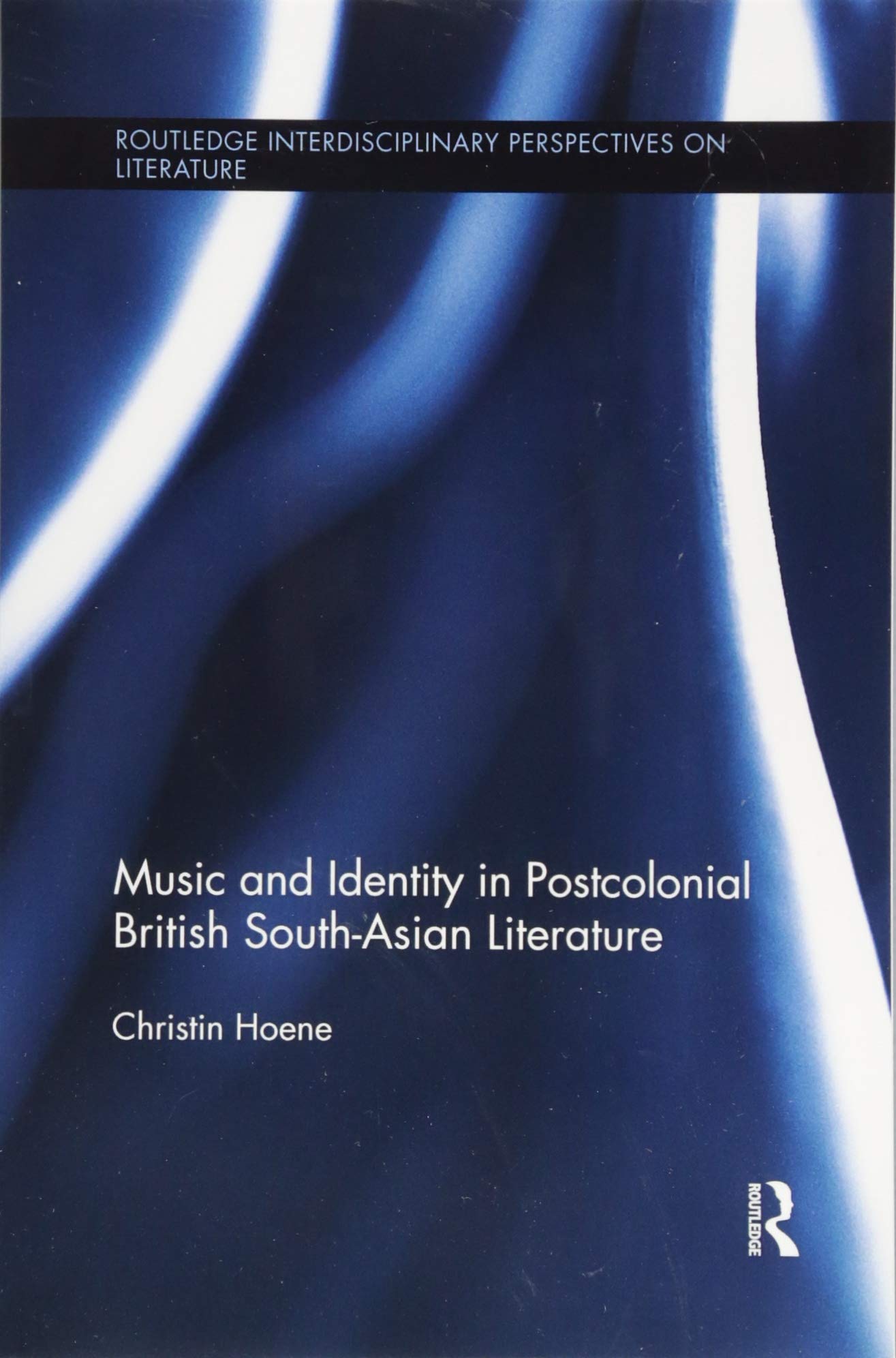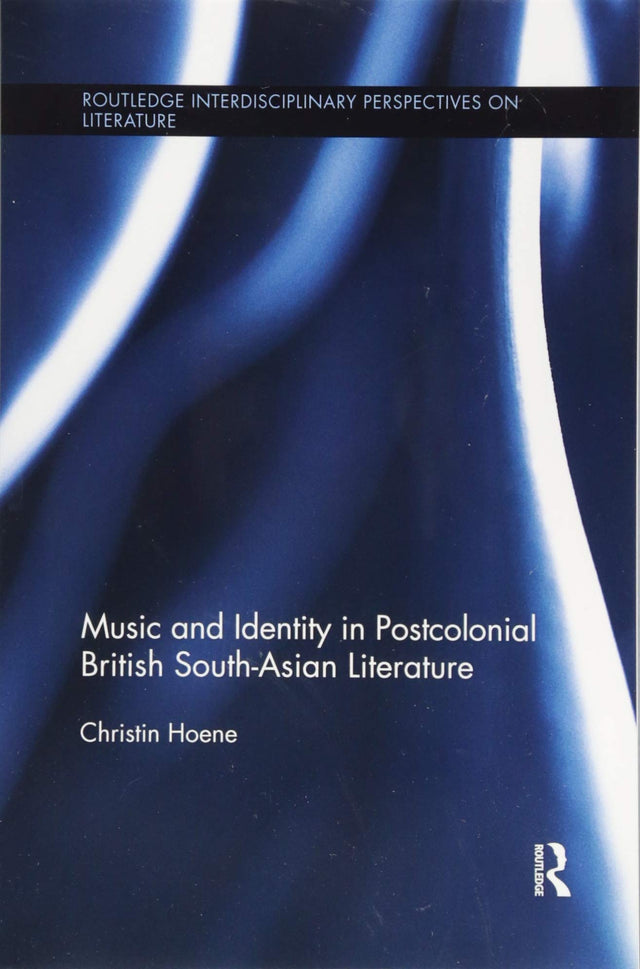Music and Identity in Postcolonial British South-Asian Literature (Routledge Interdisciplinary Perspectives on Literature)
Music and Identity in Postcolonial British South-Asian Literature (Routledge Interdisciplinary Perspectives on Literature) is backordered and will ship as soon as it is back in stock.
Couldn't load pickup availability
Genuine Products Guarantee
Genuine Products Guarantee
We guarantee 100% genuine products, and if proven otherwise, we will compensate you with 10 times the product's cost.
Delivery and Shipping
Delivery and Shipping
Products are generally ready for dispatch within 1 day and typically reach you in 3 to 5 days.
Book Details:
-
Author: Christin Hoene
-
Publisher: Taylor & Francis Ltd
-
Edition: 1st Edition
-
Binding: Paperback
-
Number of Pages: 180
-
ISBN: 9781138547872
-
Languages: English
-
Dimensions: 9.0 x 6.0 x 0.5 inches
About The Book:
The Role of Music in British-South Asian Postcolonial Literature by Christin Hoene, published by Taylor & Francis Ltd, offers a compelling examination of how music plays a pivotal role in the construction of postcolonial identities. Released on 6th February 2018, this first edition paperback spans 180 pages and delves into novels that explore the postcolonial experience in India, Pakistan, and the United Kingdom.
The book focuses on key works such as Vikram Seth’s A Suitable Boy, Amit Chaudhuri’s Afternoon Raag, Suhayl Saadi’s Psychoraag, Hanif Kureishi’s The Buddha of Suburbia and The Black Album, and Salman Rushdie’s The Ground Beneath Her Feet. It also references texts like E.M. Forster’s A Passage to India and Vikram Seth’s An Equal Music. These novels feature a wide range of music genres, from Indian classical to Western classical, pop music, and rock 'n' roll, illustrating music as both a cultural artifact and an aesthetic art form.
Hoene explores the transgressive qualities of music, emphasizing its ability to express identities beyond socio-political constraints. Music serves as a frame to examine postcolonial nations, rewrite imperial history, and express the cultural hybridity of characters across different geographies. This book is a valuable resource for researchers and students of postcolonial literature, music studies, cultural studies, contemporary literature, and South Asian literature.





